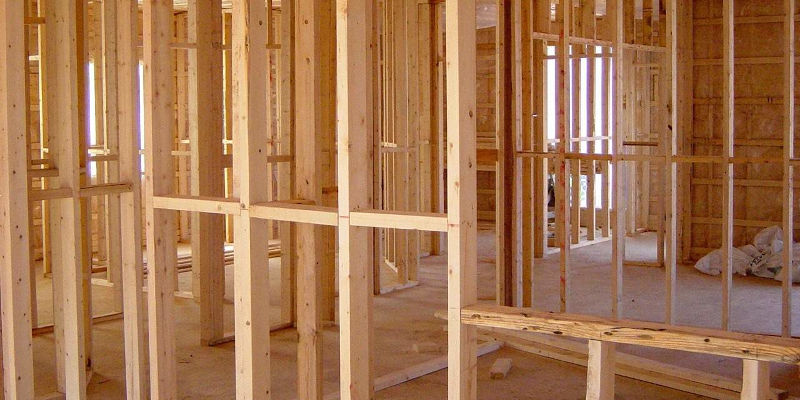When the Vancouver Building By-Law came into effect earlier last year, the thermal efficiency of exterior walls went from a nominal R-22 – the thermal value of the insulation in between the studs – to effective R-22 – considering thermal bridging of the studs. Since then, the city has released a ‘Guide to R-22 Effective Walls in Wood Frame Construction (download it free here)’ which helps residential home designers in specifying a conforming wall assembly for new homes being built under the 2014 By-Law.

However, these walls changed the thickness of the common wall by at least two inches (2″). Regaining the 2″ lost for thermal performance can now be achieved by applying for a Thermal Exclusion Vancouver. Here’s how you can do that:
The city of Vancouver released a bulletin “Floor Space Exclusion To Accommodate Improved Building Performance (Envelope And Thermal Insulation)” which allowed the FSR to be reduced, provided it met the required criteria. Because we are now increasing the thickness of our walls to accommodate improved building insulation, whether using a double 2×4 with a W air gap and double R-14 batt, or a 2×6 with exterior continuous insulation of 1.5″ or more, we can now adjust the thermal materials to surpass the required R-22 effective and thus apply for a thermal exclusion.
A typical 2×6 wood stud wall @ 16″ o.c, R-22 nominal insulation in the stud cavity, with continuous insulation of 1.5″ can yield the required R-22 effective. Should we decide to increase both the stud cavity insulation and the continuous insulation, we can improve our effective thermal resistance to above and beyond, and with the help of a registered building envelope engineer, apply for a Thermal Exclusion Vancouver and regain that square footage that was lost.
Seems a little complicated, but trust us, we are well equipped to help you out.
Applying for Thermal Exclusions has advantages. First, the designer may continue to design the homes as per the previous code, with some minor adjustments of course, and the building envelope engineer does the rest. Second, the energy efficiency of the home will allow the Certified Energy Advisor (CEA) to help model a more energy efficient home. Lastly, help increase the footprint of the house and thus, if applicable, make a few dollars when selling the house.
For more information on thermal exclusions Vancouver, write your questions or comments below, or email us and we will respond shortly.

